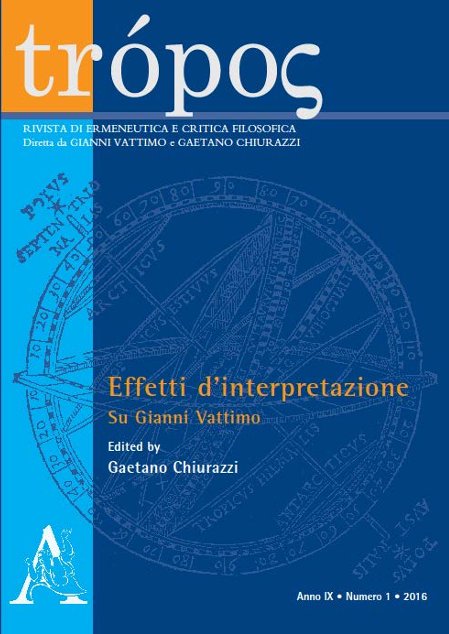Tra normalità e anormalità
Deleuze e la norma come problema filosofico
DOI:
https://doi.org/10.13135/2036-542X/8120Parole chiave:
normative reason, becoming, relation, surd, DeleuzeAbstract
In this paper, I discuss the question of the norm, conceived as a philosophical problem, rather than an ethical, political, or social one. Firstly, I outline the main declinations of the “critique of normative reason”, which has characterized most of the twentieth century’s philosophy and has pointed out the connection between norm and normalization. Secondly, I focus on the concept of “crisis” and its relationship with the problem of normativity; then I stress the ambiguity of every “state of crisis”, which could lead to claim that crisis is the most vital condition of life. Thirdly, I sketch two moments of Deleuze’s confrontation with the work of Canguilhem, in order to affirm that if we want to see the norm as a philosophical problem, we need to define some fundamental concepts as “becoming” and “relation” — that is, to understand the question of the surd or diagonal. Finally, my main thesis states that in this perspective we need not to consider one norm’s goodness or badness, but instead the transformative relation between different norms, that presides over the process of norm–shaping.



